Armstrong wins partial victory in Landis whistleblower suit
Judge dismisses Landis case against Armstrong and partners, while government's suit continues
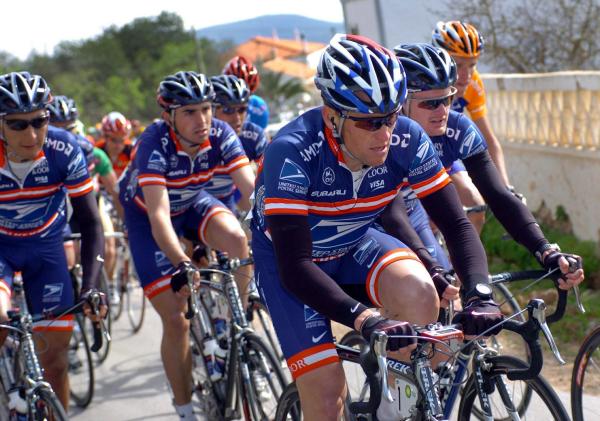
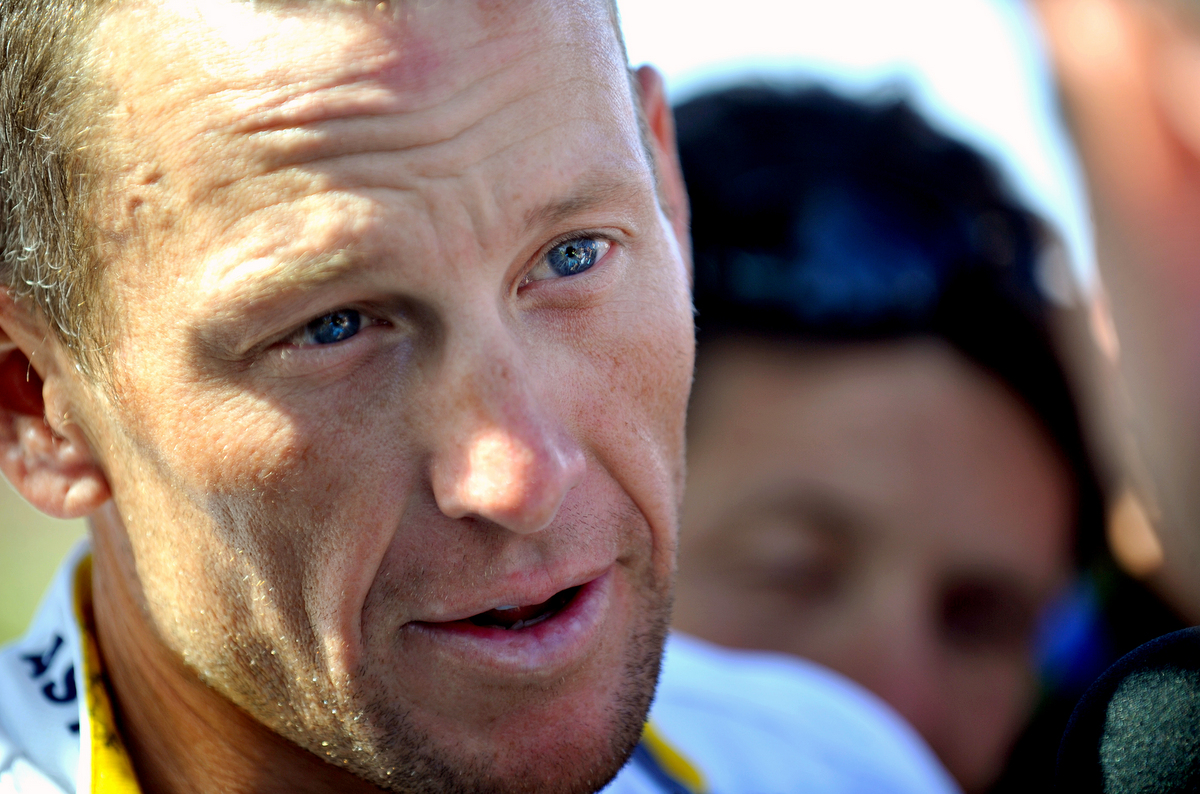
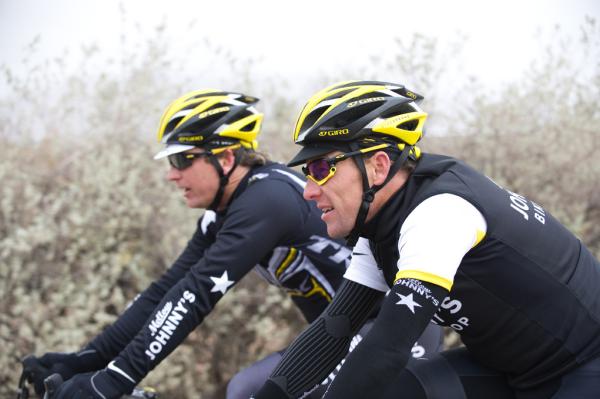
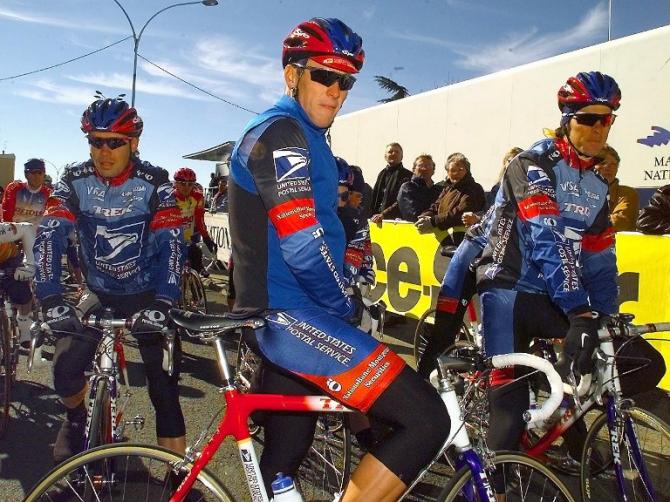
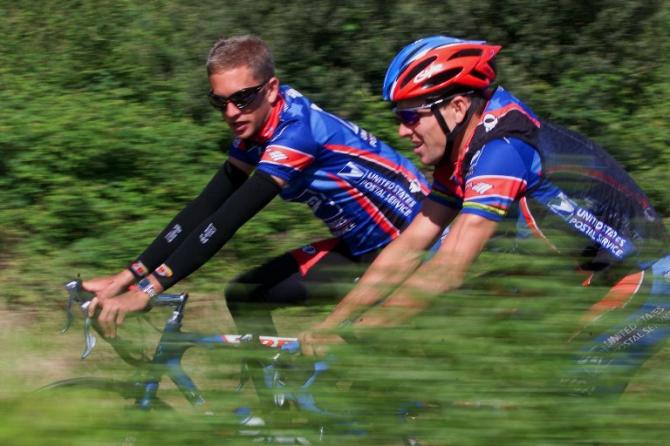
Lance Armstrong and his former US Postal Service (USPS) team associates scored a potentially major victory this week in the whistleblower suit brought by Floyd Landis under the Federal False Claims Act (FCA) in 2010. US District Judge Christopher R. Cooper agreed to allow an important milestone in the case from 2014 to be reconsidered.
Landis files whistle-blower lawsuit
Details of Landis' federal whistleblower suit revealed
US government joins whistleblower suit against Armstrong
Landis invokes wartime law in Armstrong whistleblower suit
Lance Armstrong and others called to testify in federal whistleblower case
Armstrong attorneys clash with Feds over Weisel emails
Report: Armstrong associates agree to settle with US government
Stapleton-Knaggs settlement rejected in Landis and Armstrong case
Landis filed the lawsuit in 2010, and it was joined by the US government in 2013. They argue that by conspiring to dope the riders, Armstrong and the other parties who ran the USPS team violated their contract and defrauded the government. By covering up the doping, Landis alleged, they were avoiding having to repay the sponsorship dollars under the terms of the contract.
Armstrong admitted to doping after being banned for life by USADA in 2012.
Writing in a January 12, 2016 opinion, Cooper granted reconsideration of Landis' remaining claims against Armstrong. In a 2014 decision, US Circuit Judge Robert L. Wilkins allowed the so-called 'reverse false claims' action against Armstrong and Johan Bruyneel's company, Tailwind Sports, to go forward, while simultaneously dismissing claims against team financier Thom Weisel.
Cooper questioned the validity of the claims against Armstrong and Tailwind in this week's opinion. "Tailwind owed no legal obligation to the United States at the time that any defendants allegedly made (or caused to be made) false statements to avoid repaying money received under the sponsorship agreement," Cooper wrote.
Cooper could find no decision other than that of Wilkins in 2014 in which a federal contractor who violated the terms of their contract was obligated to pay under the false claims act, rather than simply being sued for breach of contract by the government.
Also in this week's opinion, Cooper dismissed one of the claims against Armstrong's agent, Bill Stapleton, and business partner, Bart Knaggs, who together formed Capital Sports & Entertainment (CSE). CSE took over some responsibilities from Tailwind Sports toward the end of the team's existence. Landis alleged that CSE knew about the team's doping and, rather than admit they were violating the contract, they went on the offensive, covering up Armstrong's doping and attempting to discredit those who sought to make it public.
Get The Leadout Newsletter
The latest race content, interviews, features, reviews and expert buying guides, direct to your inbox!
CSE won on some counts this week, as Cooper tossed out reverse false claims act accusations against CSE. "Even if such an obligation existed, it belonged only to Tailwind, as the party to the Sponsorship Agreement," Judge Cooper wrote, adding that Landis "has not identified a single actionable false statement by Stapleton, Knaggs, or CSE."
Cooper refused to absolve CSE regarding a number of 'direct false claims' - payments made by USPS to Tailwind within the six-year statute of limitations (after June 10, 2010 when Landis filed the suit) that only amount to tens of thousands of dollars - fees for hospitality at the and media guides for the USA Pro Criterium championships in Downers Grove, the San Francisco Grand Prix and a victory celebrate in Austin following Armstrong's sixth Tour de France victory in 2004.
Last year, the federal government blocked a proposed settlement by CSE that would have amounted to $600,000.
Correction: An earlier version of this article claimed the judge's decision had opened the door to dismiss the government's suit against Armstrong that could amount to three times the sponsorship or $100 million. In fact, the judge's ruling dismissed reverse false claims accusations that had been filed by Landis against Armstrong and CSE but had not been joined by the government. Monday's ruling had no bearing in the ongoing case between the Department of Justice and Armstrong.